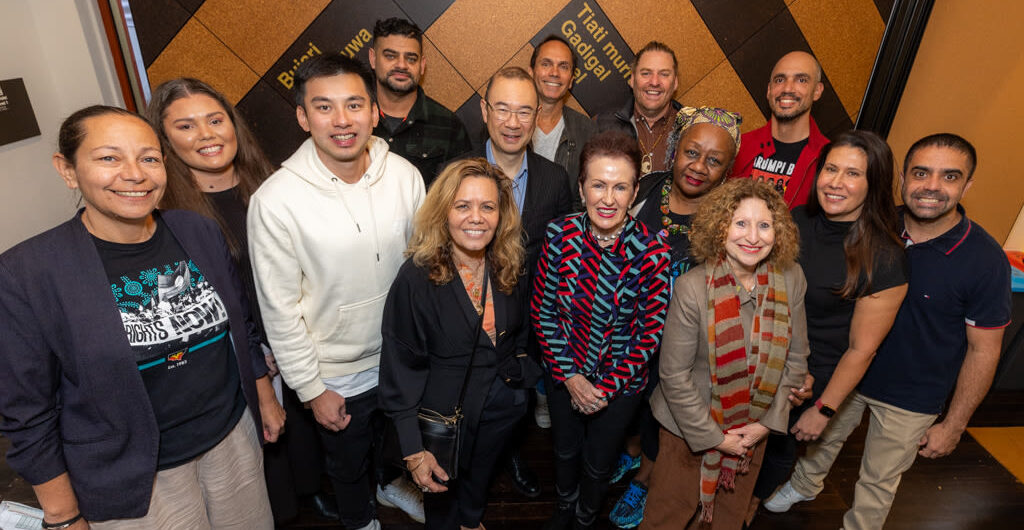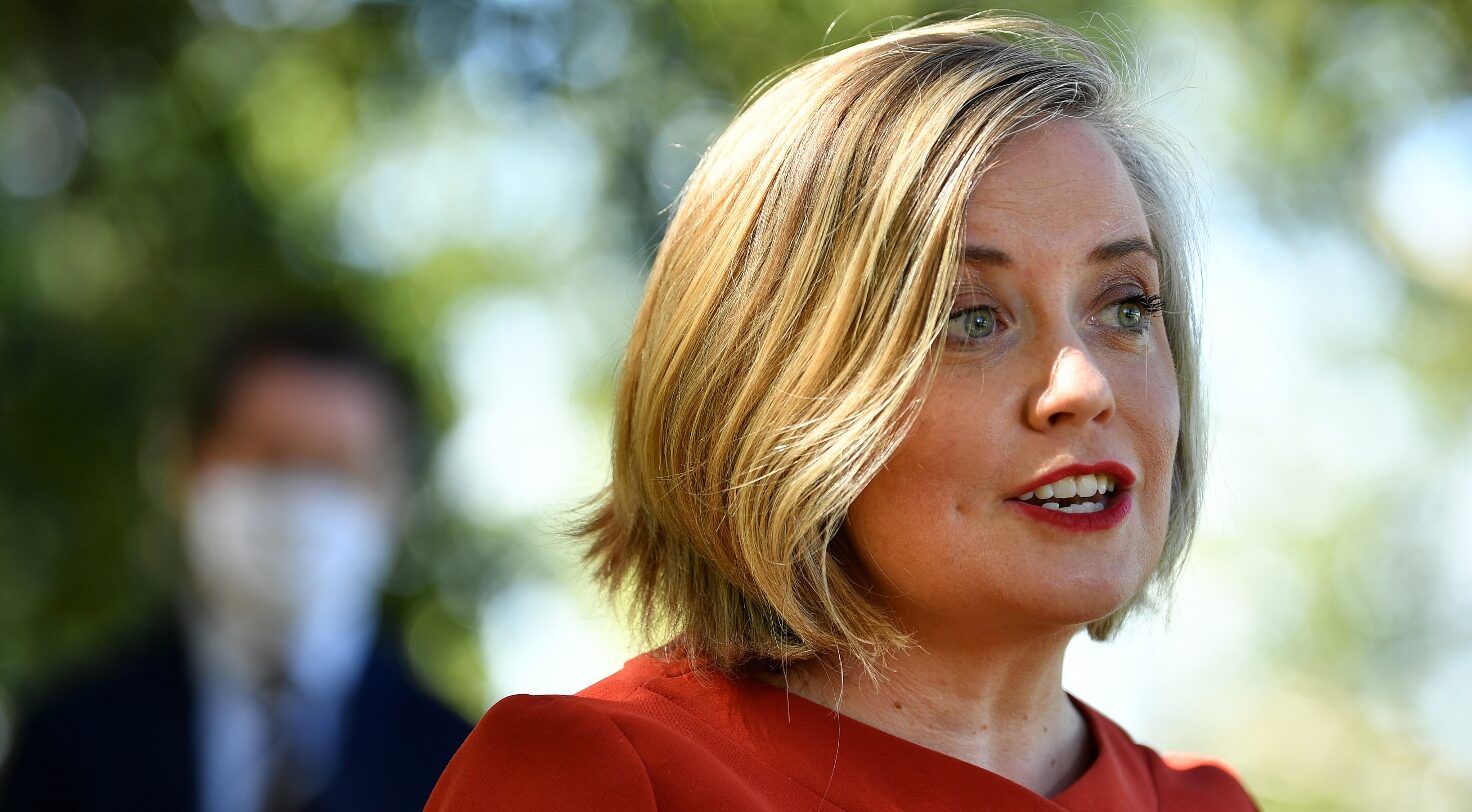
Foreshore freedom fighters
A group of close friends sit together at their local coffee shop Pyrmont’s water’s edge on a bright Saturday morning. Across from where they sit, construction on the old water police site is almost finished. They admire the stretching park, the boardwalk, the amphitheatre leading down to the water’s edge, and the children’s playground, all to open in the coming months.
But to them Sydney foreshore’s newest space is more than just a fresh amenity. It is reason they came together as strangers six years ago to form the Friends of Pyrmont Point (FPP).
Lasting over a year, and gathering widespread political and community force, the campaign to save Pyrmont point became a political springboard for many. It was described as the first major community push to unit Pyrmont in a long time, a gentrified suburb where the newcomers had little to do with the neighbourhood’s working class roots. And it all humbly started in a coffee shop where a group of 12 enraged newcomers got together to stand up against the Sydney Harbour Foreshore Authority’s (SHFA) plans to build apartments on coveted harbour land.
“SHFA gave residents a choice between development, development and more development,” Marcelle Hoff told The News, The City News’ predecessor amongst a 150-strong hoard of residents at the FPP’s first protest in 2003.
Pulling together middle class retirees, well-heeled executives as well as public housing residents and construction workers, prominent individuals also jumped on the bandwagon, including then Lord Mayor Lucy Turnbull, Clover Moore, Greens MP Sylvia Hale, and environmentalist Jack Mundey.
But at that outset, Ms Hoff admitted many had resigned themselves to the assumption that the site’s fate was already sealed by SHFA.
“The general view that we were getting from everyone was that this was a done deal, that it was an incredibly difficult task. But we decided to do it anyway,” said vice president Charles Perry.
FPP would grow to a membership of 150 and collect almost 16,000 signatures, committing to only one mandate – to have the water police site turned into open public land.
“No compromises. No option A B or C. Forget it, it’s public land. It’s an iconic site, and we want this handed over to the public for public use,” said Greens Councillor Chris Harris, instrumental to the campaign, who was elected into Council after the victory.
With a widespread belief that the authority’s consultation process was corrupt, FPP staged a vote outside a SFHA design exhibition, giving locals a fourth option: Nothing.
“It turned a lot of mild mannered people into urban guerrillas. We set about finding strategies to get people’s attention,” said Bronwyn Connelly, one of the original 12, who recalled a prank where somebody scrawled ‘TREES + GRASS’ across the cement quadrangle of the site.
Described as the turning point for the FPP, in November 2003 the Construction Forestry Mining and Energy Union (CFMEU) imposed an interim green ban on the site, temporarily blocking any construction from going ahead.
“That’s one of the key things that turned the situation for us, when the CFMEU decided to put a green ban on the site”. “Even if they had won, the Government would’ve found it very hard to do much with it,” said FPP treasurer Drew Morrow.
After a steady war of attrition the Foreshore Authority relinquished the site to the City of Sydney for $11 million – a third of the price they were prepared to sell to developers for. The Pyrmont community had gone head to head with the state government and won.
“We’re very proud of that achievement,” said Charles Perry. “It’s a tangible symbol of what can be achieved because everybody was telling us that we had no chance.”
With only one goal in mind at their formation, the future of Friends of Pyrmont Point is uncertain, with some discussion of laying the group to rest. Pyrmont Progress has now succeeded FPP, heading major local initiatives such as the Bendigo bank and the Harris Street upgrade.
Due to open in the next few weeks, the park is yet to be named by Sydney City Council.









